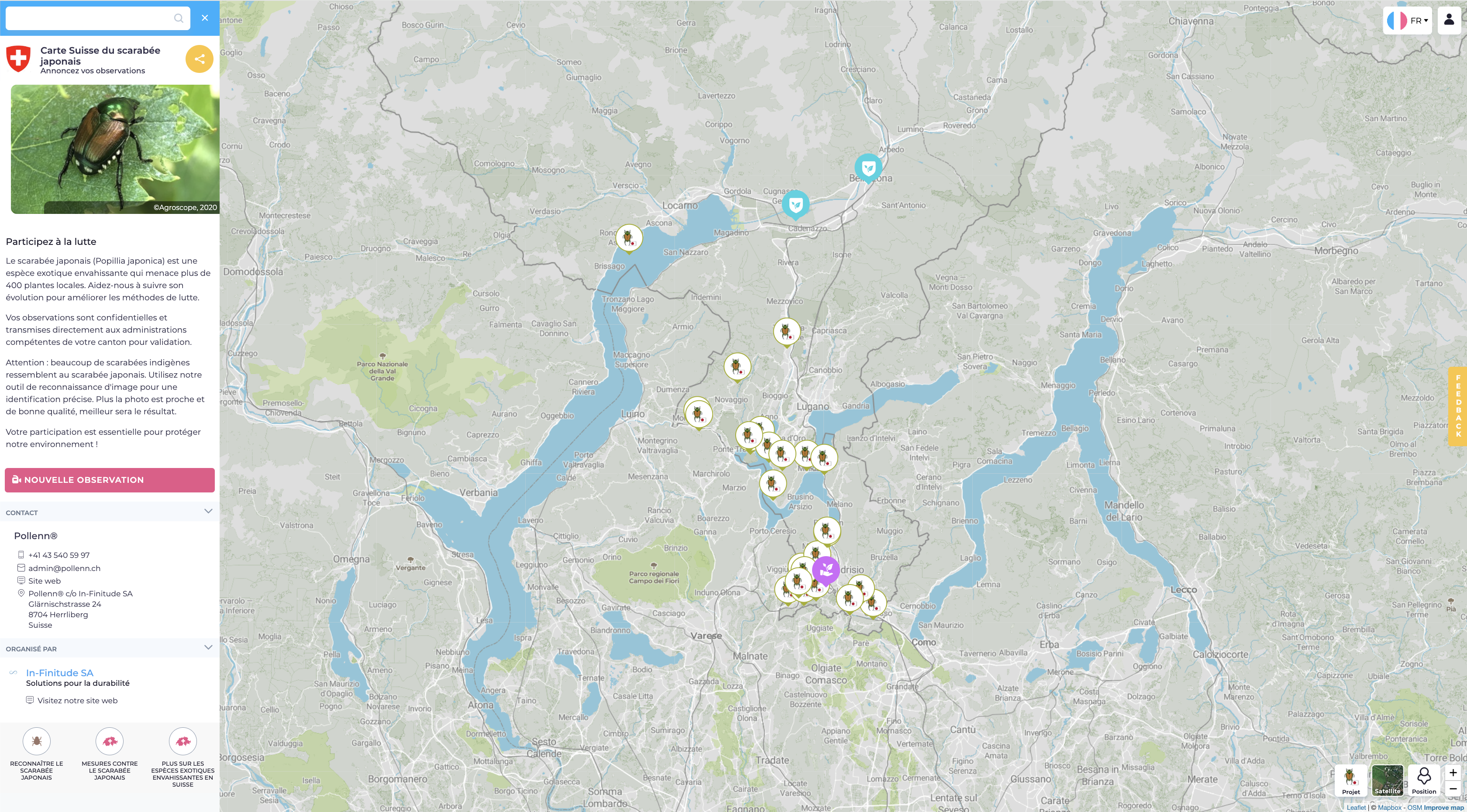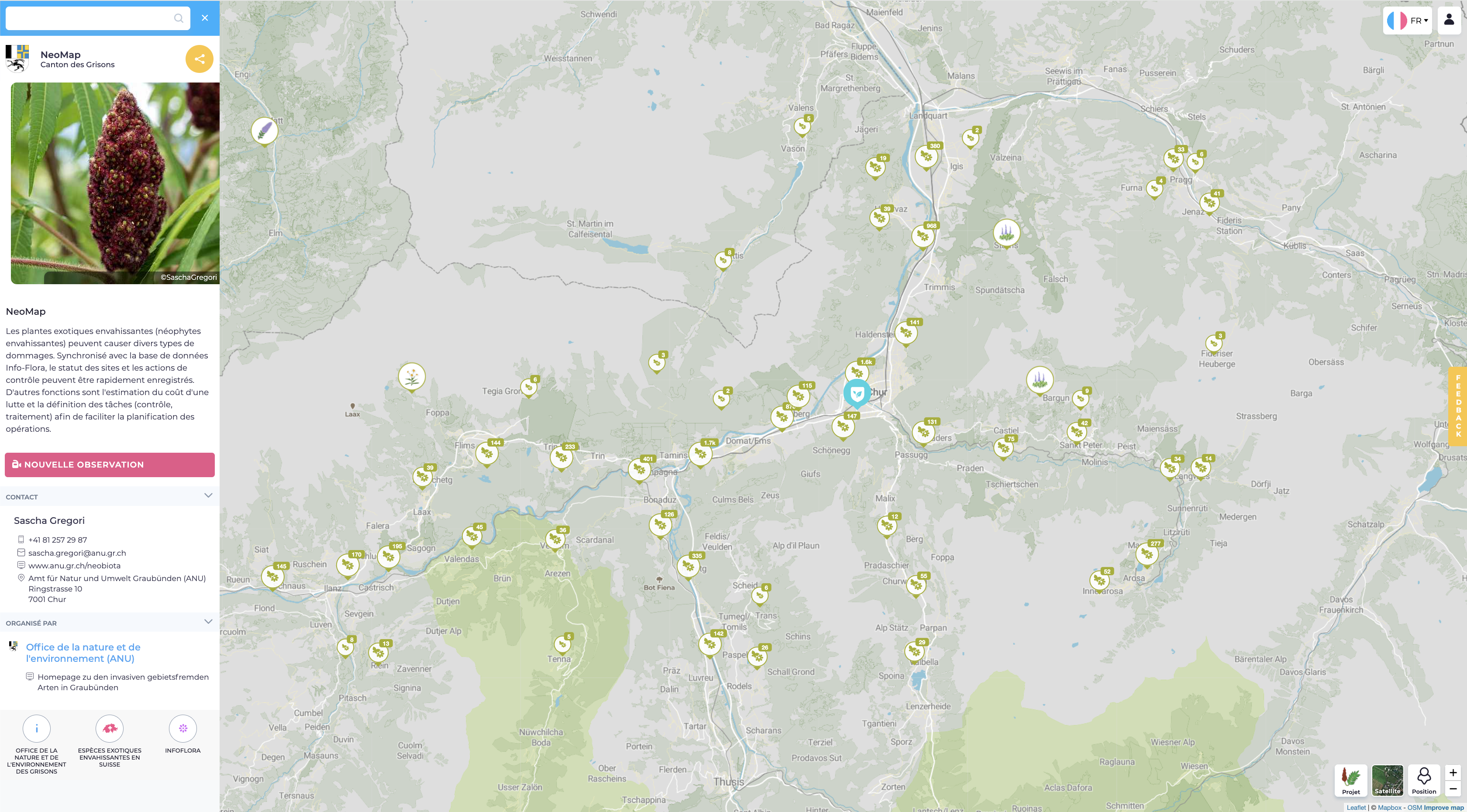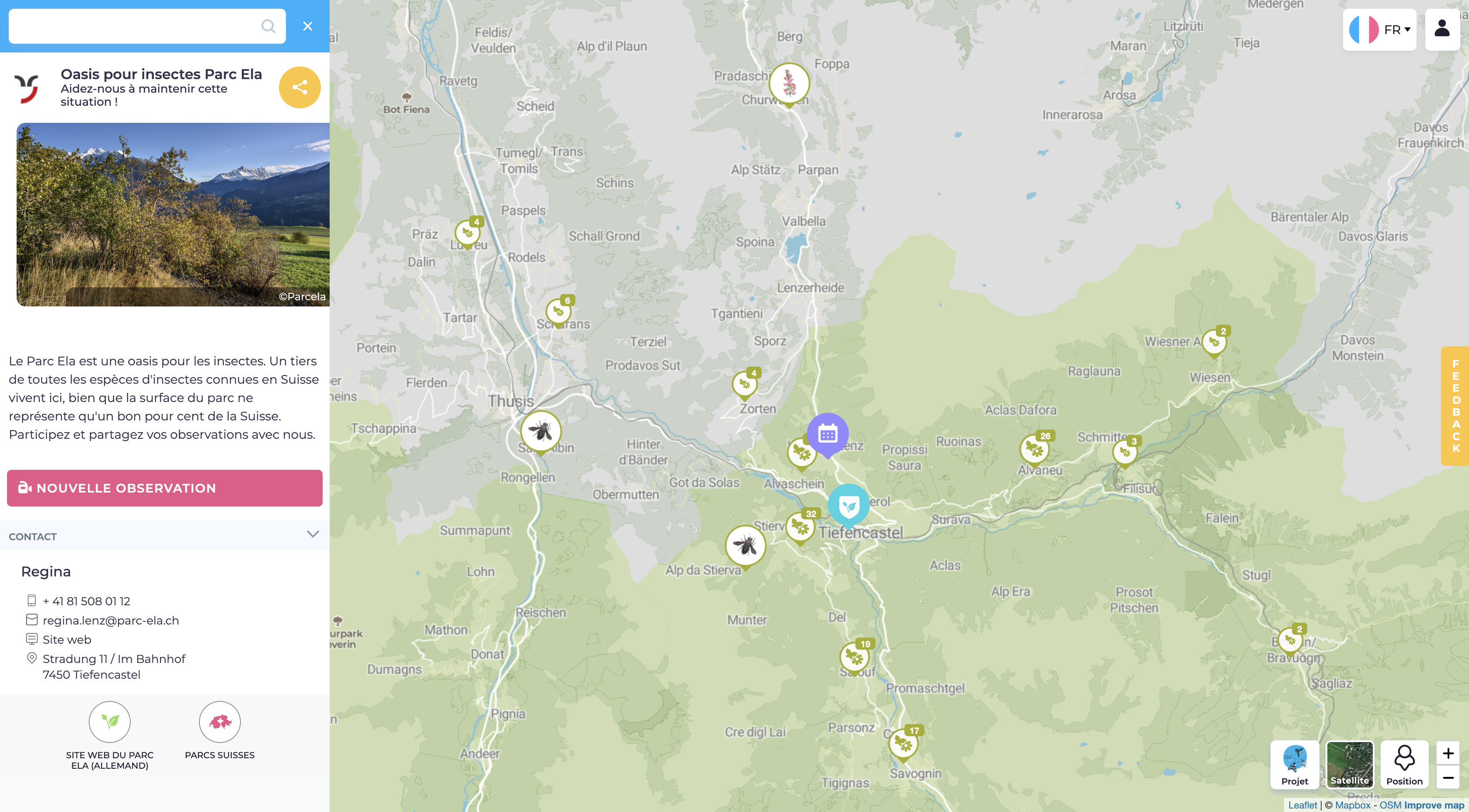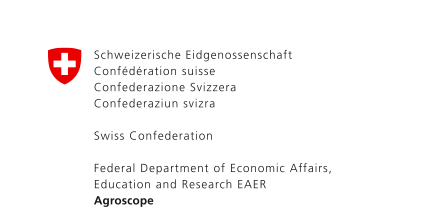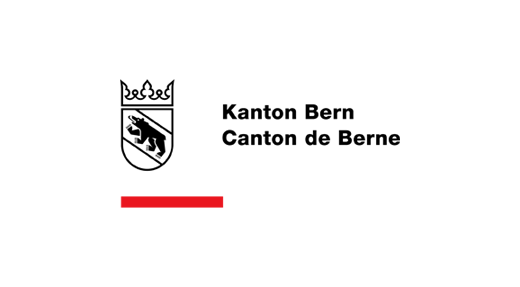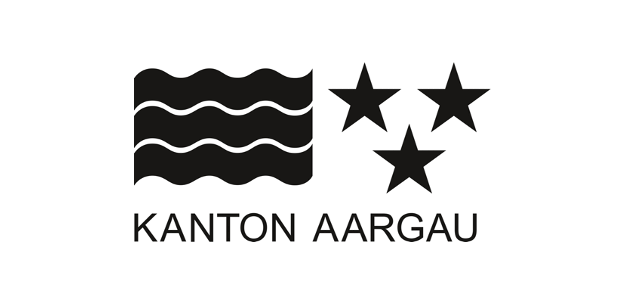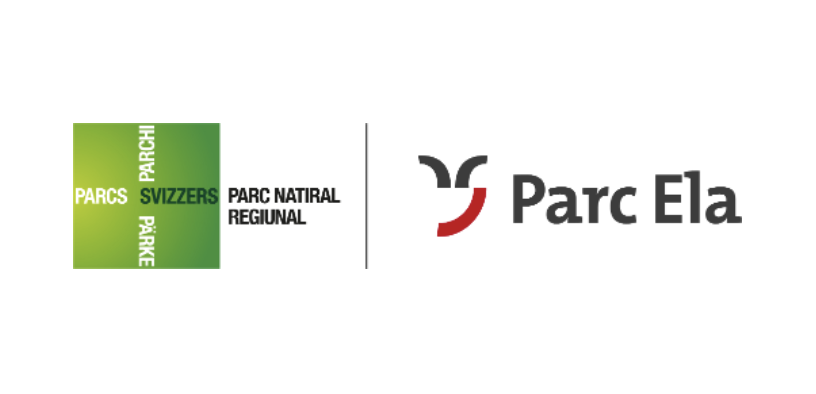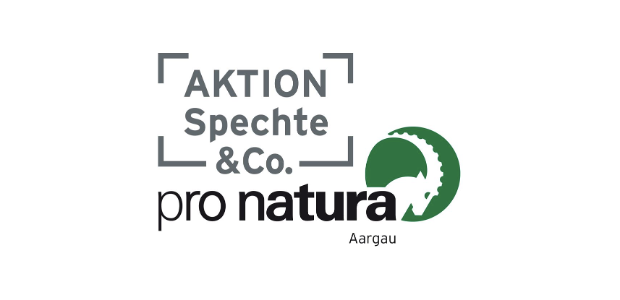100% modular for all types of observation and all digital media
Discover the infinite possibilities of Pollenn® cards and join a community dedicated to the conservation of nature and natural resources.
Have you seen a Japanese beetle around here? In nature? In your garden?
This highly invasive exotic insect has been spreading since 2017 in several cantons of our country and represents a threat to our agriculture and biodiversity.
Thanks to your field observations, we can anticipate its development and implement control measures to prevent its spread.
In collaboration with Agroscope, this project has made it possible to develop innovative image recognition tools based on artificial intelligence, combined with the creation of alert zones and a high-performance filtering system. These tools make it easier to manage this undesirable insect and implement appropriate control measures.
Your observations are confidential and sent directly to the relevant authorities in your canton for validation.
Have you discovered any invasive alien plants in the canton of Grisons?
In collaboration with the canton of Grisons, we have continued to develop our platform for combating problem plants: synchronised with the Info-Flora database, it can be used to quickly update the status of sites containing invasive neophytes and to register plants as controlled.
In addition, a manager can, for example, assign any number of neophyte sites to his or her field staff to deal with. This makes it easier to plan operations and also to keep an overview of ongoing activities.
Help preserve an Oasis of Insects in Switzerland's Largest Nature Park
A third of all the insects known to live in Switzerland live in Parc Ela, despite the fact that it only covers around one per cent of the country. To maintain this biodiversity, the Parc Ela association has launched a multi-year campaign dedicated to insects. At our events and activities, you'll have the chance to discover these insects in a variety of forms.
As a visitor, you can contribute to the insect census that the Parc Ela team is keeping a close eye on. Your observations in the field will help us to better understand their distribution and behaviour in their natural environment.
Join us in protecting and preserving the park's biodiversity!
Let nature inspire you to protect it

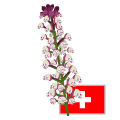
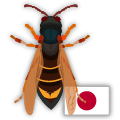
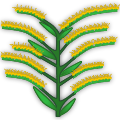

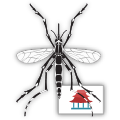

 EN
EN  DE
DE  FR
FR  IT
IT 